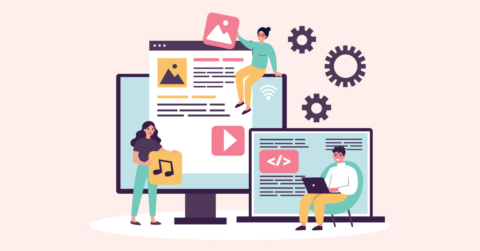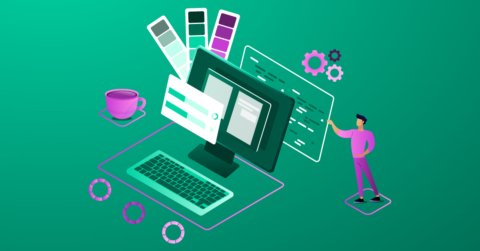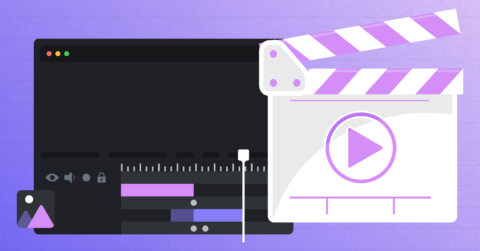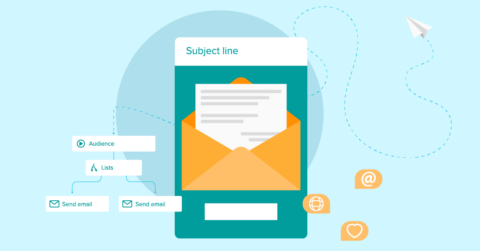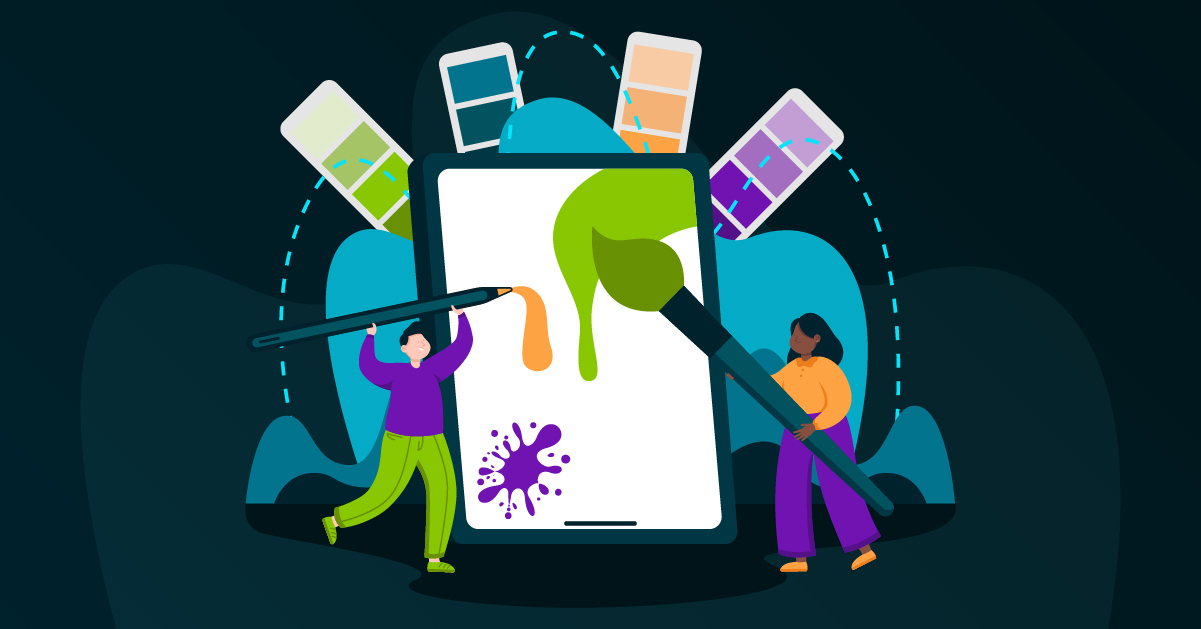
Top Skills You Need On Your Design Team: Part 2
06/08/22
digital design
A few weeks ago we shared part one of the most important skills your design team needs. These were five of the most important things to look for in a design team set up for success.
Today we are finishing the list with five more. Combine all ten of these skills for a design team that’s well-equipped for anything your client throws their way!
Most Important Skills on Your Design Team (6-10)
6) Communication
Good communication among your designers is essential. After all, most projects on your team will be a collaborative effort. Different people will be working on different parts of the same project, and often the desired result will split into “sub teams.” This makes it important for everybody to know who is responsible for what, as well as who they might approach for help on a specific issue.
In addition, communication is important when working with people outside your design team. Just think of how often your design team and marketing team interact. Communicating effectively is how an idea spread across different “core competencies” becomes a reality at your business.
If you want to instill this skill in your design team, be sure to establish the right company culture. People should know as soon as they are hired, for example, that their feedback is both welcome and necessary.
7) Teamwork
Related to communication is the ability to actually work together. Just because you are able to communicate doesn’t guarantee effective working on your team. This is where teamwork comes in: the ability to work well in groups, and the skill of bringing out the best in one another.
Admittedly, the bigger your design team gets, the more difficult this becomes. There are different people with different visions and different preferences for how to proceed on projects. Most of your designers also have previous work experience elsewhere, which means they bring a wide variety of “best practices” to the table. While this can be valuable, it often makes it difficult to have any sort of cohesive system set up.
Still, fail on teamwork and your team will become a victim to inefficiency: wasted time, effort and patience. So be sure you instill good working habits straight from the beginning. For specific exercises on how you do this, give this post a read.
8) Storytelling
In modern marketing, stories are how you build a connection to your audience. They are how you get people to trust you and, over time, build superfans of your brand. This is why your designers need to have the skill of storytelling. What is it you are trying to achieve with the designs that your team makes? What is the story behind the projects that you work on? Keep the answers to these questions close at hand when you are working through your projects.
In addition, storytelling is often a fundamental part of your company’s mission and your design team’s efforts to tell it. Looked at from a wider perspective, a good story about your company has the power to motivate your team and bring out their best work. It pays not to forget this.
As for how you get better at storytelling in the designs you make? Check out this list of the best books on storytelling. It’s a timeless art that spans almost every industry. Establish the skill in your design team, and the finished projects you deliver to your clients will be all the more powerful because of it.
9) Empathy
Being empathetic to your users is how you will most effectively put yourself in their shoes. We have talked before about how important understanding user experience is. Well, to understand UX, empathy is one of the greatest skills your design team can have.
What are the struggles your audience has? What are the main problems your clients face? Where are there gaps in knowledge, and how can your creative work educate them? These are all questions that need to be answered, and starting from a place of empathy is how you get the process started.
To get your design team thinking more empathetically, consider putting them in direct contact with your customers. This is the quickest way to understand how exactly the people you serve think. Seeing firsthand the problems your company helps solve can also be a catalyst to creative ideas among your design team.
10) Persistence
Things will almost never go according to plan. This is one of the golden rules of business, and preparing yourself for it will leave both your workers and clients better off. Thankfully, persistence is your secret weapon against inevitable bumps in the road.
It’s also one of the most important skills on your design team. The fact is, many of the projects you work on will take time. Many of them will also be delayed by unpredictable factors and need reworking due to additional client requests. For the most effective work, your design team needs to be in it for the long haul.
…
Are you an enterprise, nonprofit or small business looking for help on your website? Give us a shout! We provide a free consultation. Email us at info@lughstudio.com or call us at (718) 855-1919!
